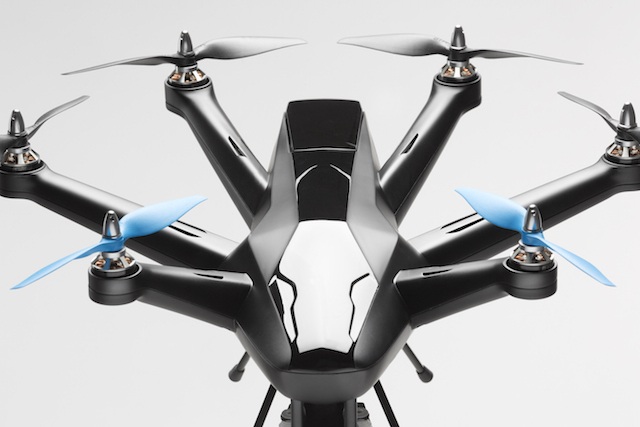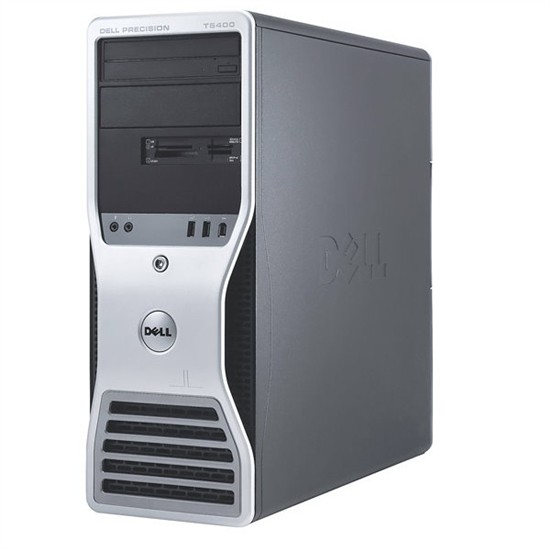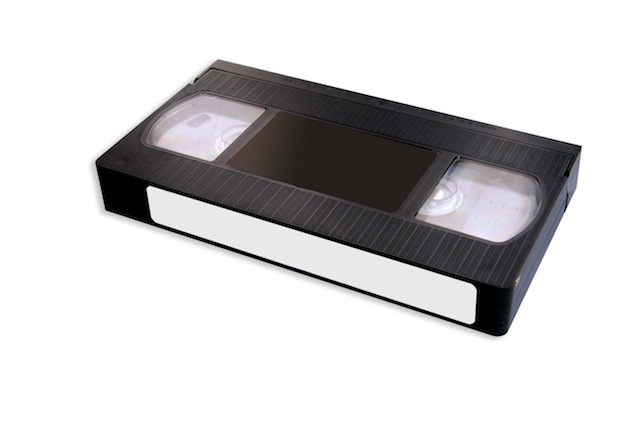An old saying is necessity is the mother of invention and nowhere is this shown better than walking the exhibition floor of the Internet of Things World conference in San Francisco today.
The Wallflower is a good example of this, thought up of after the founder had to rush home when his partner thought she’d left the stove on (she hadn’t), he thought there had to be something that could monitor this on the market and when he discovered there wasn’t, he invented it.
Snowboarding needs
Probably the sexiest device on the floor is the Hexo+, an autonomous drone designed for video shots. Use the app to tell you what shot you want and it the drone will take off and video you.
Hexo+ was founded by Xavier de Le Rue, a French professional snowboarder who wanted to get shots of his maneuvers but couldn’t afford a crew or a helicopter to do so. The preprogrammed flight patterns represent the most common camera sequences optimised for the GoPro camera.
Probably the most trivial is the MySwitchMate, a mechanical device that fits over a wall light switch. Set it up and you can use its app to flick your lights on and off.
The device was born out of the founder wanting to remotely control his college dorm lights from his bed. While the market seems to be those who don’t want to get out of bed, its main market are those who would like remotely controlled lights but can’t install a smart lighting system.
A niche from a need
What all three of these devices show is how a need by an inventor spurred a product’s development, in that respect the Internet of Things is no different from any other wave of innovation.
So if you wonder “why doesn’t someone sell this?” it might be an opportunity to set up your own business or invent an IoT device to meet that need.




